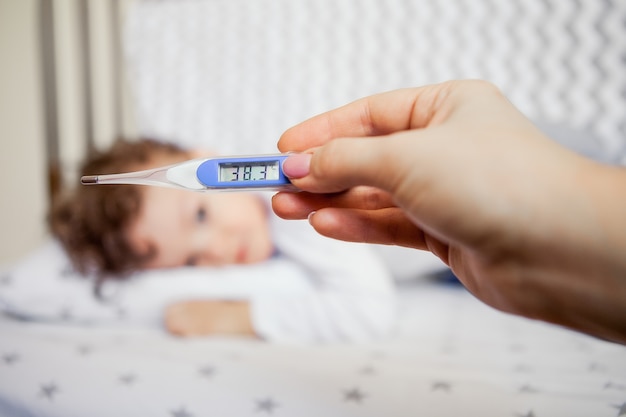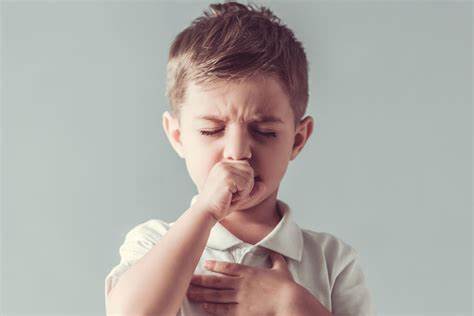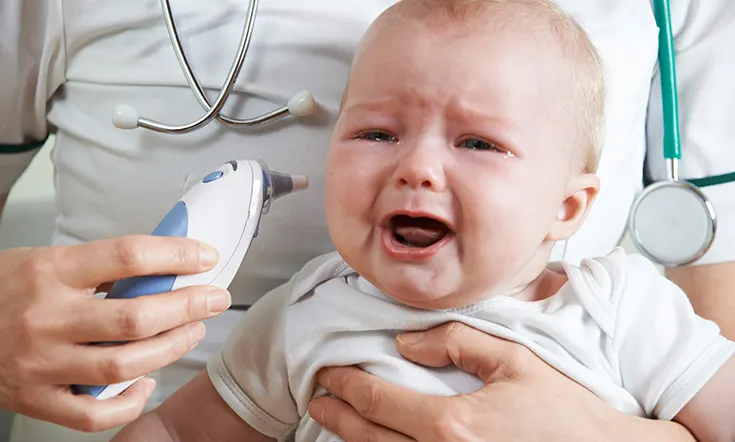The challenges of PCOD in women
About 10% of women around the world suffer from PCOD. While it’s not life-threatening, it can cause many unwanted side effects. We have created a comprehensive guide on everything you need to know about PCOD.
The challenges of PCOD in women Read More »











